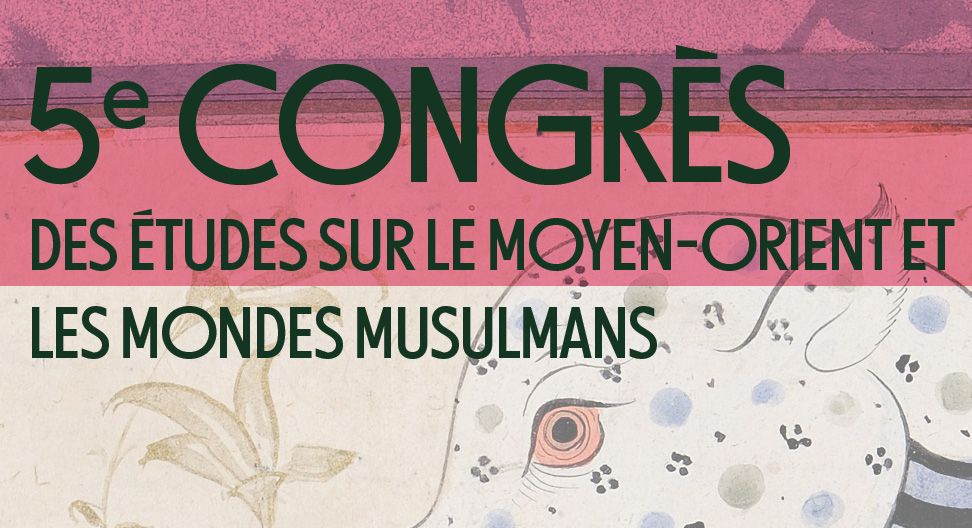
11h-13h > Symbolic and Political Production of Space in Capital Cities in the Middle East and Muslim WorldSymbolic and Political Production of Space in Capital Cities in the Middle East and Muslim WorldWed 12th Jui 23
Abstract: Our panel will focus on capital cities in countries whichh have authoritarian politics in at different levels. We argue that, in the age of the nation-state, it is first and foremost the political and cultural functions which distinguish capitals from other cities by linking urban space to the national imaginary. The scientific literature is focusing on the fixed staging of political power in political geography and geopolitics and less has been said on the dynamics between the political regime and the fabrication of the city and lived and perceived lives in these cities (Morelle et Planel, 2018 ; Planel, 2015). Each national capital has a story reproducing a revised version of the national history. Architecture and landscape are then modelled and staged to show the weight of the new political power. They don’t only provide visual and spatial means of legitimation for a political regime or elite, but also as a genuine act of constituting political reality. In this case, a special attention will be given to the evolution of perceptions of urban aesthetics via architecture and design in different periods and political powers and how these perceptions affect the city, its population and the image of country. For the panel, we have chosen mostly capital cities with political disruptions at some level which have transformed the perception of capital city’s image as the mirror of political regimes. Policy makers took up new directions of planning and urbanism after political power’s change. For example, Ankara became the mirror of Republic erasing the Ottoman memory and then the AKP government under Recep Tayyip Erdoğan’s presidency attempts to impose a neo-ottoman style in the architecture for wiping off early republican era’s style. Nur-Sultan reflects the will of policy makers to erase the spatial footprints of Soviet era in order to promote turco-islamic roots of the country. Urban spaces are often reconfigured by political clashes between rival groups with distinct political, cultural and religious beliefs, and politics seek to translate these political divisions into physical structures and order of the city. The objective of the panel will be to study firstly the capital building process as the image of nation and political regime and then to show the backdoor struggles and divergences between different actors in the symbolic construction of space via capital cities. Convenor:
Haim Yacobi, The Bartlett Development Planning Unit, UCL Nora Semmoud, Université de Tours, UMR CITERES Laure Assaf, New York University of Abu-Dhabi Adrien Fauve, Institut français d'études sur l'Asie centrale (IFEAC) Azadeh Mashayekhi, University College London, The Bartlett Development Planning Unit |

